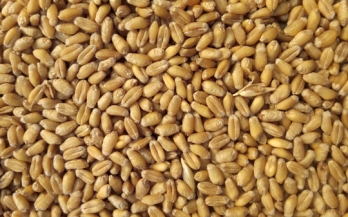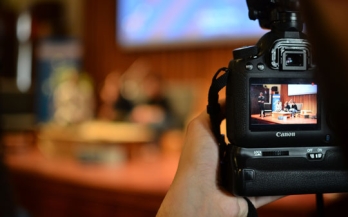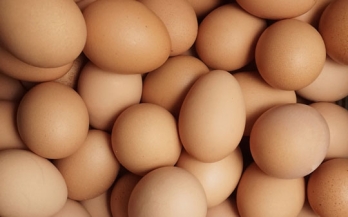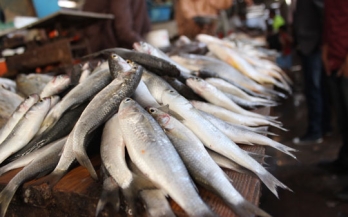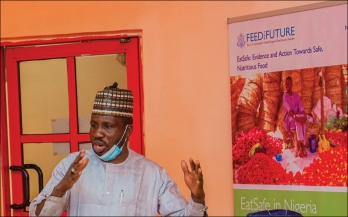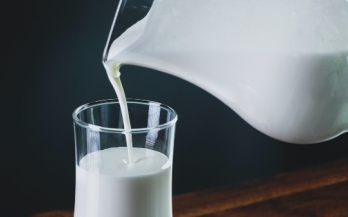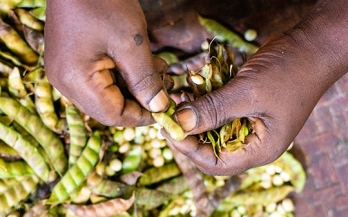Motivated by the need for such information for its own programmes, the Global Alliance for Improved Nutrition (GAIN) developed the Fortification Assessment Coverage Toolkit (FACT) in 2013 for carrying out coverage assessments of fortification programmes.
In 2013 Indonesia’s Ministry of Health requested that GAIN support the district governments of Malang and Sidoarjo in East Java Province to reduce stunting by improving maternal and infant nutrition.
The UNSG’s Special Envoy for the Summit, Dr. Agnes Kalibata invited GAIN’s Executive Director Dr. Lawrence Haddad to lead Action Track 1 (AT1) on Ensuring Access to Safe and Nutritious Food for All.
Supported initially by the Dutch Government and the Rockefeller Foundation and launched in the journal Nature Food in June 2020, GAIN, along with Johns Hopkins University, FAO, CIAT, the University of Michigan and Ag2Nut decided to create a platform that pulled together all the high-quality data available, organise it by food system component and make it easy to analyse, compare and visualise.
GAIN, together with implementing partners along with responsible Brands and Buyers worked collectively with the Government of Bangladesh (GOB)1 to incorporate workforce nutrition programs as a priority.
GAIN and partners, together with the Kaduna State Government in Nigeria, developed and implemented the 'Eggs Make Kids' campaign, launched on World Egg Day in October 2019.
In 2018 GAIN began work in collaboration with the District Fisheries Offices of Indonesia’s Ministry of Maritime Affairs (MMAF) to develop the Indonesia Postharvest Loss Alliance for Nutrition (I-PLAN). I-PLAN aimed to improve the domestic supply of fish by reducing post-harvest losses.
To increase consumer demand for improved food safety, EatSafe is testing four interventions that seek to change consumers and vendor behaviors in two traditional food markets in Northwestern Nigeria.
This report is an appraisal of a methodological approach conceptualized and commissioned by GAIN and designed by Euromonitor to assess the informal dairy market in Ethiopia using formal market approaches. This work was conducted in 2019 with support from Wageningen University under the Agriculture 4 Nutrition and Health Program.
In anticipation of the 2022 AGRF, the Global Alliance for Improved Nutrition (GAIN) and the Alliance for a Green Revolution in Africa (AGRA) have leveraged their existing partnership to produce this report to provide African leaders with cutting-edge data tools that can be employed to describe their nation’s food systems, diagnose the most urgent areas for action, and decide which evidence-based solutions best suit their needs.
